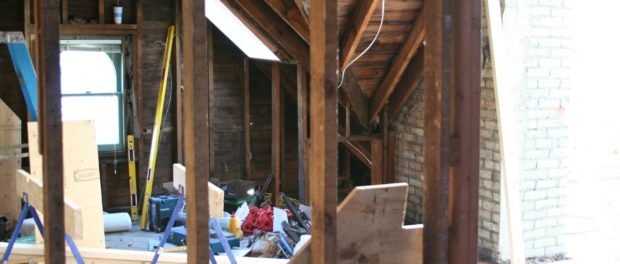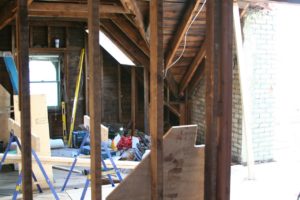Award from client recovery fund reversed for failure to pursue case in court
A decision by the Florida Construction Industry Licensing Board to award damages from a client recovery fund was overturned by a state court in a March 22 decision because the claimant clients had failed to adequately pursue their case in court after an automatic stay triggered by a bankrupty filing stalled the case.
The case involved a 2004 home building contract entered into by Blue Stone Real Estate Construction and Development, a company owned by licensee James DeMaria. After disputes arose regarding payment, the clients filed suit against Blue Stone, but Blue Stone then filed for bankruptcy, an action that triggered an automatic stay of the case. The case languished, and the clients did not attempt to counter DeMaria’s bankruptcy status in court and never secured a judgment against the company or DeMaria for failing to complete the work on their house before a court closed the case in 2014.
Following the closure of the case, the clients applied to the Florida Homeowners Construction Recovery Fund, a fund set aside to pay clients of licensees who engage in misconduct up to a maximum of $25,000. If the Fund pays a client, the affected licensee will have their license suspended unless they repay the Fund. After the Board awarded the clients damages, DeMaria appealed, and the case went up to a state District Court of Appeals, which reversed the Board’s decision in favor of DeMaria.
Under Florida law, claimants on the fund “must put in some legwork before coming to the recovery fund,” wrote Judge Adam Tannenbaum. “[T]he claimant must take reasonable steps to establish conclusively in an appropriate forum the facts showing an entitlement to damages and recover his or her losses from all other available sources . . . [T]he statute is not written to allow a claim against the fund to serve as a substitute for an adjudication of facts by a court, arbitration panel, or licensing board as to how much the contractor owes the claimant. The fund is supposed to be a last resort for a claimant to get paid on losses that already have been liquidated in another form.” An exception to that principle applies in cases involving bankruptcy, but only where the claimant has attempted to remove their claim from the licensee’s bankruptcy process.
In DeMaria’s case, the clients did not have a judgment against him and had not attempted to get their claim freed from the stay of the case caused by DeMaria’s bankruptcy filing. Even if the clients’ attempt to get assets freed from the bankruptcy proceeding had been guaranteed to fail, they still needed to show that they had tried in order to make a claim on the Fund. “[The clients] had to show that they engaged in the bankruptcy proceedings as a creditor and utilized the bankruptcy procedures to seek relief from the automatic stay that precluded them from continuing with their circuit court suit and obtaining a judgment,” wrote Judge Tannenbaum. The clients failure to do so was “the opposite of due diligence.” The Board thus had no authority to determine damages and award from the Recovery Fund.


